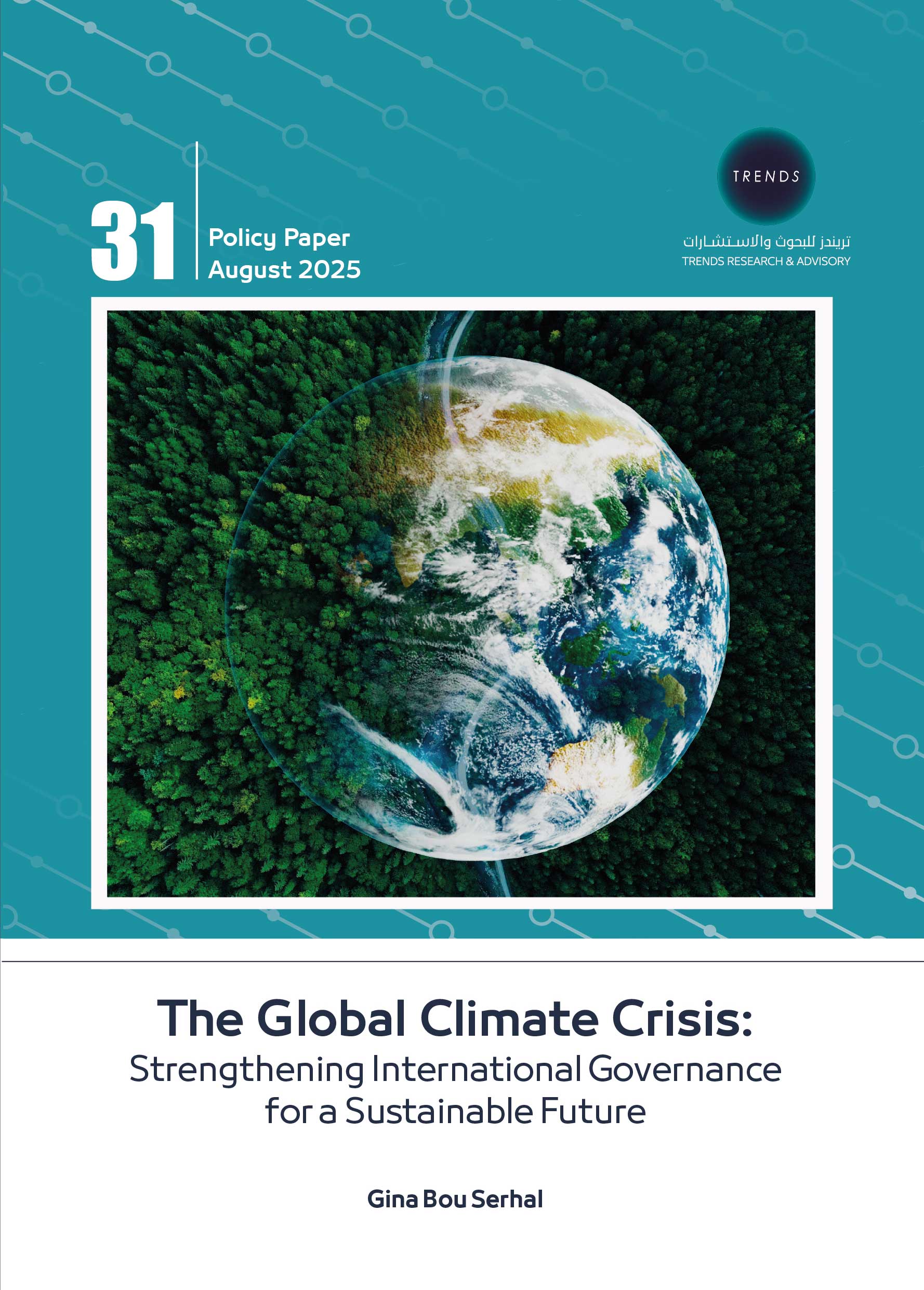Human-induced climate change is not a recent phenomenon. The burning of fossil fuels, which began with the Industrial Revolution in the 19th century, has been the catalyst for the planet’s steadily rising temperatures. Over the past two centuries, human activity has significantly increased greenhouse gas emissions, gradually altering the Earth’s climate. While these changes were initially slow to manifest, their consequences are now undeniable, with rising global temperatures, more frequent and intense extreme weather events, and widespread environmental disruptions. As the realities of climate change intensify, societies worldwide are grappling with the urgent need for mitigation and adaptation strategies to curb its most severe impacts.
Despite the need for a rapid shift to clean and renewable energy, power generation remains a cornerstone of modern civilization, fueling economic growth, technological innovation, and societal well-being. From healthcare and education to AIdriven advancements, every sector depends on reliable energy sources to function and evolve. However, not all energy is created equal, both in terms of cost and environmental impact. Coal, for instance, has been a cheap and abundant resource, enabling China to emerge as a global manufacturing powerhouse. Yet, it comes at a steep environmental price. As the dirtiest of all fossil fuels, coal has contributed to 0.3°C of the 1.2°C rise in global temperatures since the Industrial Revolution.1 This stark reality underscores the critical role of international organizations in shaping policies that accelerate the transition to cleaner energy while balancing economic imperatives and environmental responsibility.
Recognizing the need for international cooperation to address climate change, the UNFCCC was established in 1992 during the Rio Earth Summit, marking the first major international treaty aimed at addressing global warming and laying the foundation for intergovernmental cooperation in reducing greenhouse gas emissions and addressing the far-reaching impacts of climate change.
However, because the UNFCCC itself does not impose legally binding emissions reduction targets, the Kyoto Protocol, adopted in 1997, was introduced as a legally binding mechanism under the UNFCCC framework. The Kyoto Protocol focused on industrialized nations, requiring them to meet specific emissions reduction targets, while developing countries were not subjected to the same obligations. Although it was a crucial step in international climate policy, its limited scope and exclusion of major emerging economies ultimately led to its replacement by the Paris Agreement in 2015, which expanded climate commitments to all nations. This evolution highlights the importance of strong and consistent international agreements in driving meaningful climate action while balancing economic and political realities.





